Due to lot of reports of scams, hacked accounts and of course regional bank failures in the news, there are lot of distrust in everything that holds your precious investments. People have misconception that your USD fiat in your account in the popular Crypto Exchanges are FDIC insured, such as Coinbase, Kraken or Binance.US. But.. but.. but..but.... u/cocaine_butthole, the Exchanges claiming it or a popular crypto influencer on YouTube said it... or I read on a random website. So it must be true! The answer is Yes and No.
The last two should not be blindly believed. Crypto influencers on YouTube are not financial advisors and they get paid to shill. And our educational system don't produce real investigating journalism like they used to. Most are lazy and repost trending articles without any effort to get clicks. You as a crypto investor knows more about crypto than these "journalists". Now, Crypto Exchanges claiming FDIC insured are little tricky with legal word play and have to read the very fine print in terms of service. You know that huge paperwork that you just scrolled through without reading when you create the account. Don't worry, u/cocaine_butthole got you covered. Now let's read their terms of service.
Coinbase.
Cash balances, such as U.S. Dollars, British Pounds, Euros, customers store with Coinbase are held as a balance in your Coinbase or Coinbase Pro account(s). For U.S. customers, Coinbase combines your balance with the balances of other customers and holds those funds in custodial accounts at U.S. banks and/or invests those funds in liquid U.S. Treasuries or USD denominated money market funds in accordance with state money transmitter laws. Funds could be held in any one of these three manners so customers should not assume that funds are being held in one manner over the other. For non-U.S. customers, funds are held as cash in dedicated custodial accounts. All custodial pooled amounts are held separate from Coinbase funds, and Coinbase will neither use these funds for its operating expenses or any other corporate purposes.To the extent U.S. customer funds are held as cash, they are maintained in pooled custodial accounts at one or more banks insured by the FDIC. Our custodial accounts have been established in a manner to make pass-through FDIC insurance available up to the per-depositor coverage limit then in place (currently $250,000 per individual). FDIC pass-through insurance protects funds held on behalf of a Coinbase customer against the risk of loss should any FDIC-insured bank(s) where we maintain custodial accounts fail. FDIC insurance coverage is contingent upon Coinbase maintaining accurate records and on determinations of the FDIC as receiver at the time of a receivership of a bank holding a custodial account.https://www.coinbase.com/legal/insurance
So basically for US customers, they pool everyones USD fiat into 1 or few large bank accounts under Coinbase account in FDIC insured banks. FDIC only insures if the FDIC insured Banks fail. Not Crypto Exchanges. If JP Morgan Chase, Cross River Bank, Customers Bank or Pathward (previously known as MetaBank), FDIC will only cover the owner of the accounts up to $250,000. That means Coinbase gets up to $250,000 per account. Not US customers that pool their USD into those few accounts. I'll explain below because exact thing happened when Silicon Vally Bank and Signature Bank failed which was popular with Crypto investors and exchanges.
These Terms of Use (“Terms”) govern your access and use of Binance.US and the Services provided by BAM Trading Services Inc. (“our,” “we,” “BAM” or**“BAM Trading”). Our services include: (1) the content on our website located at https://www.binance.us/ (“Website”) or any other websites, pages, features, or content we own or operate (collectively, the “Sites”) or when you use our mobile app; (2) any application program interface (“API”) made available by BAM to you as a service or third-party applications relying on such an API (“BAM APIs”); (3) the Platform (defined below) which provides Digital Asset (defined below) trading services (“Trading Services”); (4) staking, through third parties or otherwise, of Digital Assets that you may designate (“Staking Services”**) by BAM or entities undertaking Staking Services on BAM‘s behalf; and (5) any other services that BAM may make available, directly or indirectly, from time-to-time (collectively, the “Services”).Fiat Currency. U.S. dollar deposits associated with your Account(s), and available for use in executing trades, are accessible via either (i) a third-party Linked Wallet operated by Prime Trust, LLC, which balances are subject to the additional terms set forth in the Linked Wallet Addendum, as well as the terms of service between you and Prime Trust, LLC; or (ii) a stored value wallet issued by BAM denominated in U.S. dollars (“BAM Fiat Wallet”). The fiat currency (the U.S. dollar deposits) associated with your Account(s) is owned by you and title to the fiat currency (the U.S. dollar deposits) in your Account(s) shall at all times remain with you.BAM Fiat Wallet. All U.S. dollar deposits associated with your BAM Fiat Wallet are owned by you and held by BAM in omnibus accounts for the sole benefit of customers at one or more intermediaries (“USD Custodians&r dquo;) selected by BAM. BAM is not a member of the Federal Deposit Insurance Corporation (“FDIC”) and is not a bank, but has worked with the USD Custodians to ensure U.S. dollar deposits associated with BAM Fiat Wallets are held by USD Custodians in omnibus accounts at FDIC-insured banks (“Banks”). Subject to BAM‘s and the USD Custodian‘s compliance with the regulatory requirements for pass-through deposit insurance provided by the FDIC, it is BAM‘s intention that the funds be eligible for FDIC pass-through deposit insurance up to the per-depositor coverage limit then in place (currently $250,000 per eligible individual), which would only be applicable if a Bank were to fail. In the event the Bank does fail, and if you have additional fiat currency held at such Bank, it is possible that your account(s) with Bank and the fiat associated with your BAM Fiat Wallet will be aggregated for purposes of determining your eligibility for FDIC deposit insurance. FDIC insurance does not protect against the failure of BAM or malfeasance by any BAM employee. Digital assets are not eligible for FDIC insurance protections. In the event we terminate our relationship with a USD Custodian and we are unable to find another USD Custodian,, we will provide notice and time to withdraw your U.S. dollar deposits. Any U.S. dollar deposits that are not withdrawn by the deadline provided in the notice will be converted to stablecoin digital assets and transferred to your Digital Assets Account.https://www.binance.us/terms-of-use#
Again. Using confused legal speak to confuse the reader on FDIC insured accounts. Same argument as above. Binance accounts at these FDIC banks are insured. But not yours. They don't create separate bank accounts for each customers. Instead pool everyone into those 1 or few large accounts. It only triggers the insurance only if those FDIC Banks fail. Not Crypto Exchanges like Binance.US, Coinbase, Kraken, Robinhood, etc.
Kraken
- Risks.
(a) No Kraken entity is or is regulated as a bank or other depository institution. Your Kraken Account is not a deposit account or a bank account. The Opt-In Rewards Program is not a depository or bank program. Opt-In Assets are not covered by insurance against losses or subject to FDIC or SIPC protections or the protections of any comparable organization anywhere in the world.
(b) Kraken does not offer securities services, is not registered under the securities laws of any jurisdiction and the provision of the Opt-In Rewards Program has not been and will not be registered under the securities laws of any jurisdiction or otherwise approved by securities regulators in any jurisdiction.
Kraken is not FDIC insured. Same argument as above.
Here is an article on Forbes advisor article on "Are Crypto Exchange accounts insured?"
Like with the SIPC, if your FDIC-insured institution fails, you’re covered for up to at least $250,000 per depositor at each FDIC-insured bank. You don’t need to do anything to get this protection, and in the unlikely event of a bank failure, you can generally expect repayment from the FDIC within a few days.
You can use the FDIC’s BankFind tool to determine if your bank is FDIC-insured but you’ll be hard-pressed to find names like Binance or Kraken listed here.
That’s because the FDIC does not insure crypto exchanges or cover cryptocurrency. The FDIC has even issued letters to crypto sites instructing them to take down misleading statements that allude to FDIC protection.
https://www.forbes.com/advisor/investing/cryptocurrency/crypto-exchange-account-insurance/
Go head and search these Crypto Exchanges on the FDIC government website using BankFind Suite. You can search for active/inactive FDIC insured institutions or banks/branches using Name, Location or websites from today, to last year and all the way back to 1934.
https://banks.data.fdic.gov/bankfind-suite/bankfind
Here is a scary fact on the Silicon Valley Bank and Signature Bank that failed this year.
Silicon Valley Bank and Signature Bank had some of the highest proportions of estimated uninsured domestic deposits across the entire industry.
Silicon Valley Bank ranked first among banks with more than $50 billion in assets, with 93.8% of its total deposits being uninsured, while Signature Bank ranked fourth, according to S&P Global Market Intelligence data as of year-end 2022.Silicon Valley catered to tech startups and many held deposit balances well in excess of the Federal Deposit Insurance Corp.'s insured limit of $250,000. For instance, TV streaming platform Roku Inc. announced it had approximately $487 million at Silicon Valley at the time of the bank's implosion.
74747639https://www.businessinsider.com/signature-svb-us-banks-have-over-1-trillion-uninsured-deposits-2023-3
According to FDIC government website, the FDIC insurance fund was 128.2 Billion USD as of Dec 31, 2022.
https://www.fdic.gov/analysis/quarterly-banking-profile/fdic-quarterly/index.html
Collapse of Silicon Valley Bank will cost the fund $20 Billion USD and Signature Bank of $2.5 Billion USD. That is if they cover only the insured limit of $250,000 per account.
So yeah, even if the Crypto Exchanges happen to fail, it will only cover up to their $250,000 USD per account at their FDIC insured bank. What happens to the $$ that is not covered? There is not enough funds to cover it all. So you can't rely on.... well FDIC will cover it. It may not. Especially if Crypto Exchanges pool all the customers money into 1 or few accounts.
[link] [comments]

You can get bonuses upto $100 FREE BONUS when you:
💰 Install these recommended apps:
💲 SocialGood - 100% Crypto Back on Everyday Shopping
💲 xPortal - The DeFi For The Next Billion
💲 CryptoTab Browser - Lightweight, fast, and ready to mine!
💰 Register on these recommended exchanges:
🟡 Binance🟡 Bitfinex🟡 Bitmart🟡 Bittrex🟡 Bitget
🟡 CoinEx🟡 Crypto.com🟡 Gate.io🟡 Huobi🟡 Kucoin.

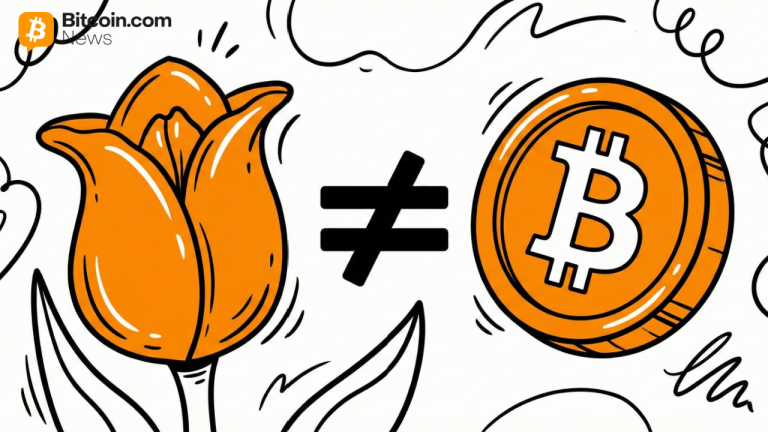

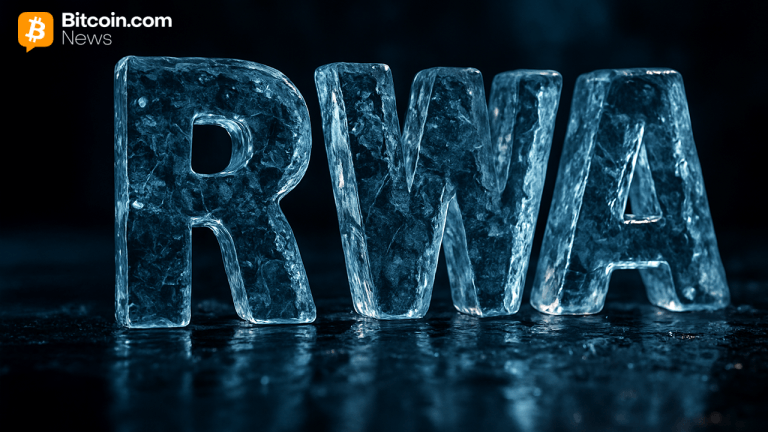
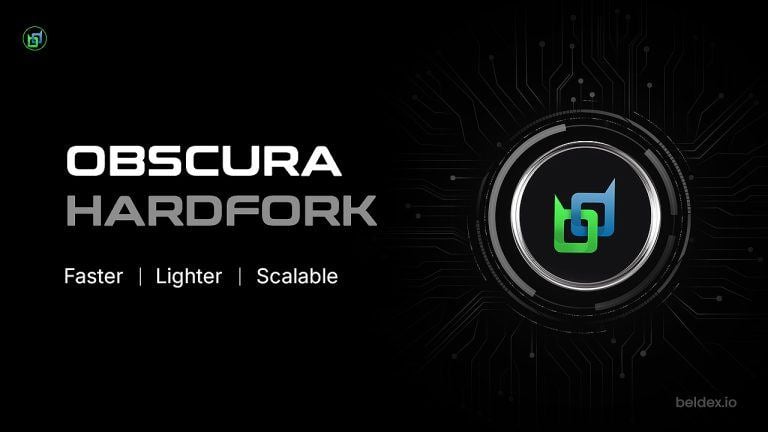
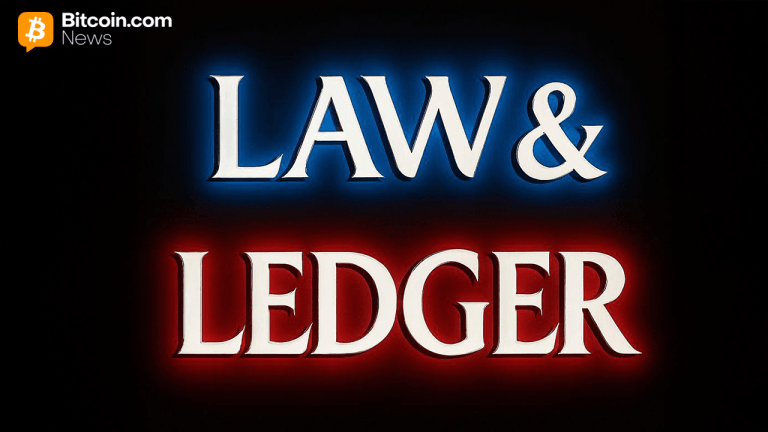
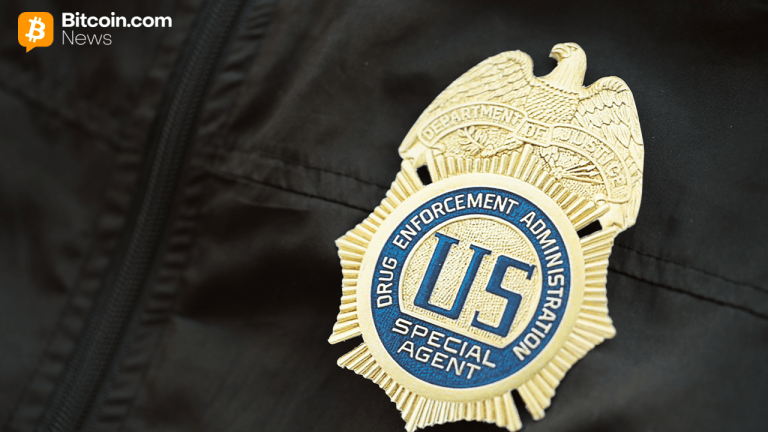







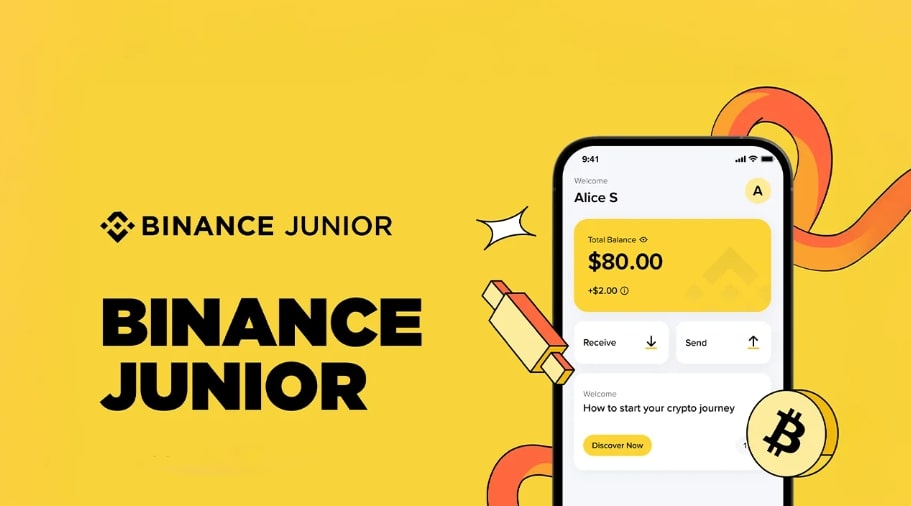

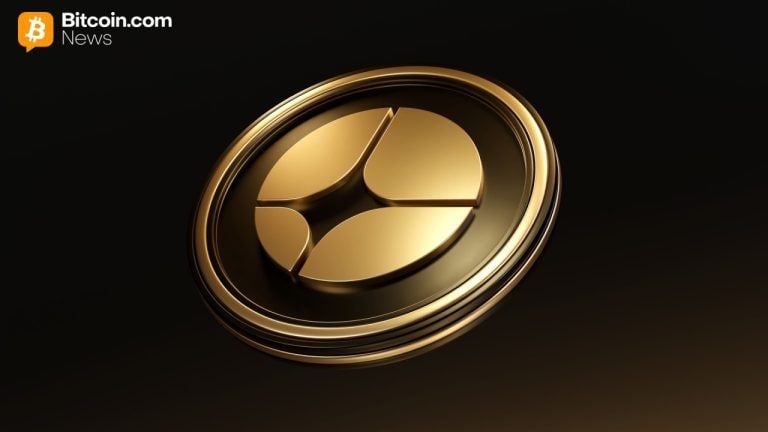

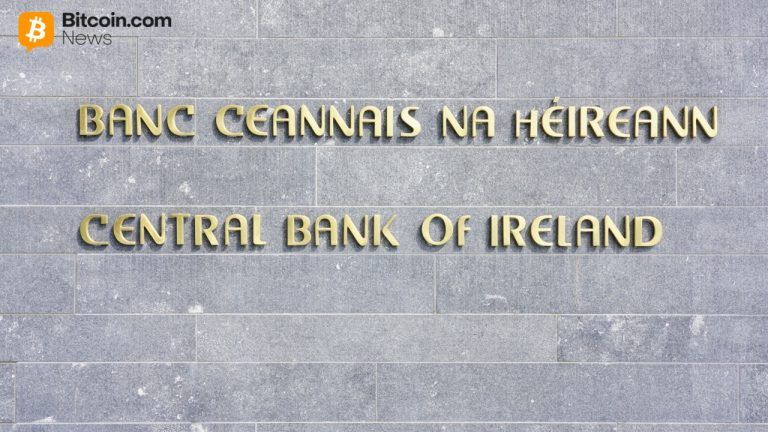
Comments